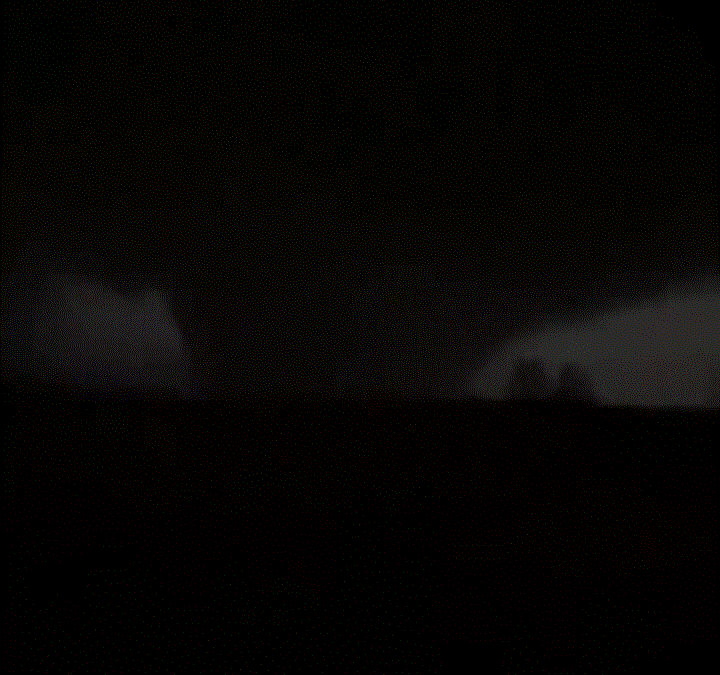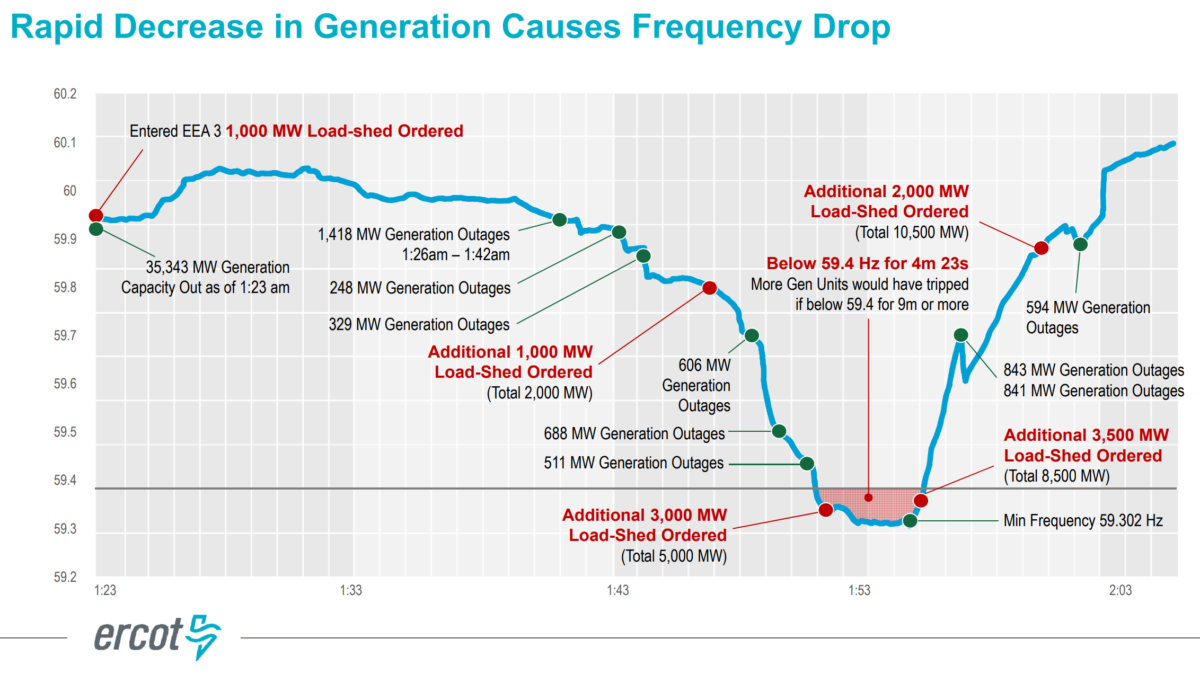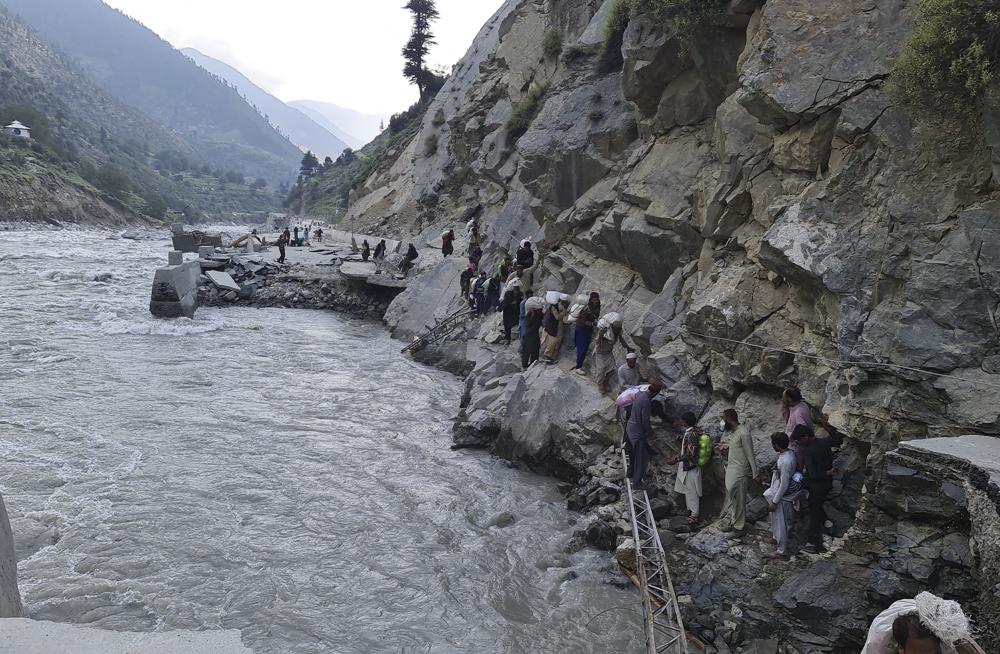U.S. surpasses record 100,000 overdose deaths in 2021 – “2022 will probably be as horrible as 2021 was, quite possibly worse”
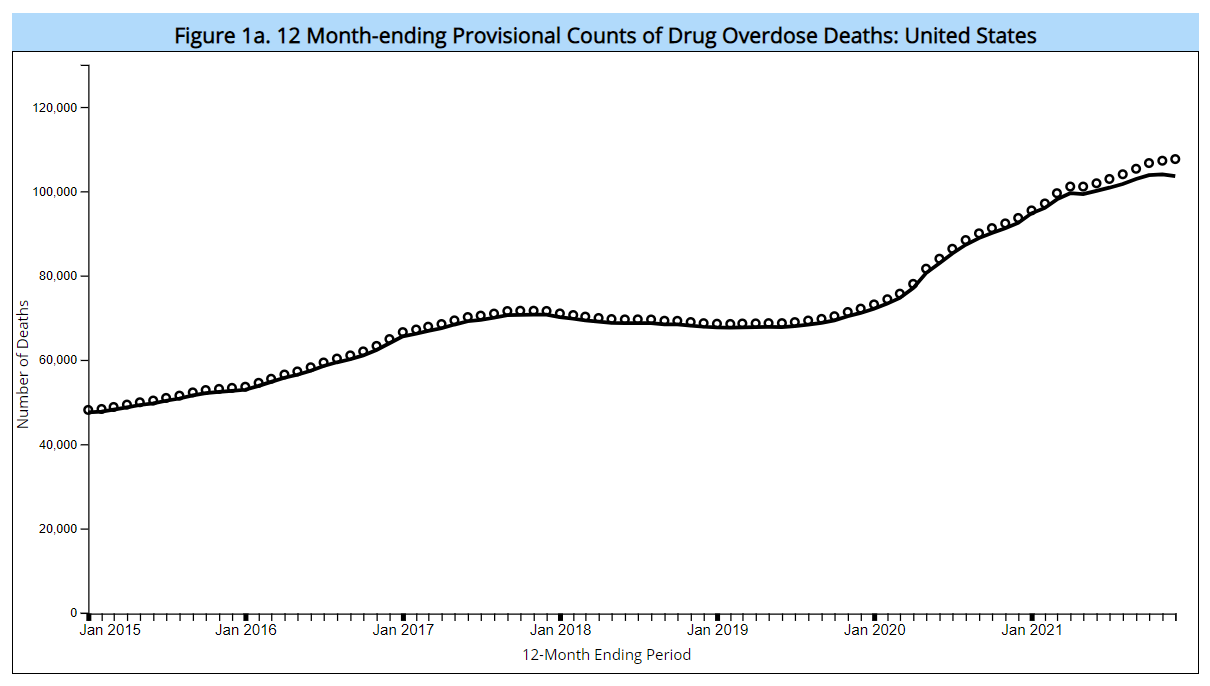
By Meryl Kornfield
11 May 2022
(The Washington Post) – More Americans died of drug overdoses in 2021 than any previous year, a grim milestone in an epidemic that has now claimed 1 million lives in the 21st century, according to federal data released Wednesday.
More than 100,000 Americans died of drug overdoses in 2021, up 15 percent from the previous year, according to figures released Wednesday by the National Center for Health Statistics. The sobering tally reflects challenges exacerbated by the pandemic: lost access to treatment, social isolation and a more potent drug supply.
More than 80,000 people died using opioids, including prescription pain pills and fentanyl, a deadly drug 100 times as powerful as morphine and increasingly present in other drugs. Deaths from methamphetamine and cocaine also rose.
Since the start of the 21st century, an overdose epidemic led by prescription pain pills and followed by waves of heroin, fentanyl and meth has killed more than 1 million people, or roughly the population of San Jose, according to the provisional data.
And there is no clear end in sight, according to experts.
“2022 will probably be as horrible as 2021 was, quite possibly worse,” said Keith Humphreys, an addiction and drug policy researcher at Stanford University.
Overdose deaths jumped to previously unseen levels in the first half of the pandemic, rising 30 percent from 2019 to 2020. The coronavirus pandemic strained finances, mental health, housing and more for many, all the while overshadowing the drug crisis. There is concern that a predicted spike in cases this fall could again curtail access to treatment and medication.
Covid has taken as many lives in two years compared to the opioid epidemic’s two-decade span. The victims of the drug epidemic, however, are overwhelmingly young. Between 2015 and 2019, young Americans lost an estimated 1.2 million years of life from drug overdoses, according to a study published in JAMA in January.
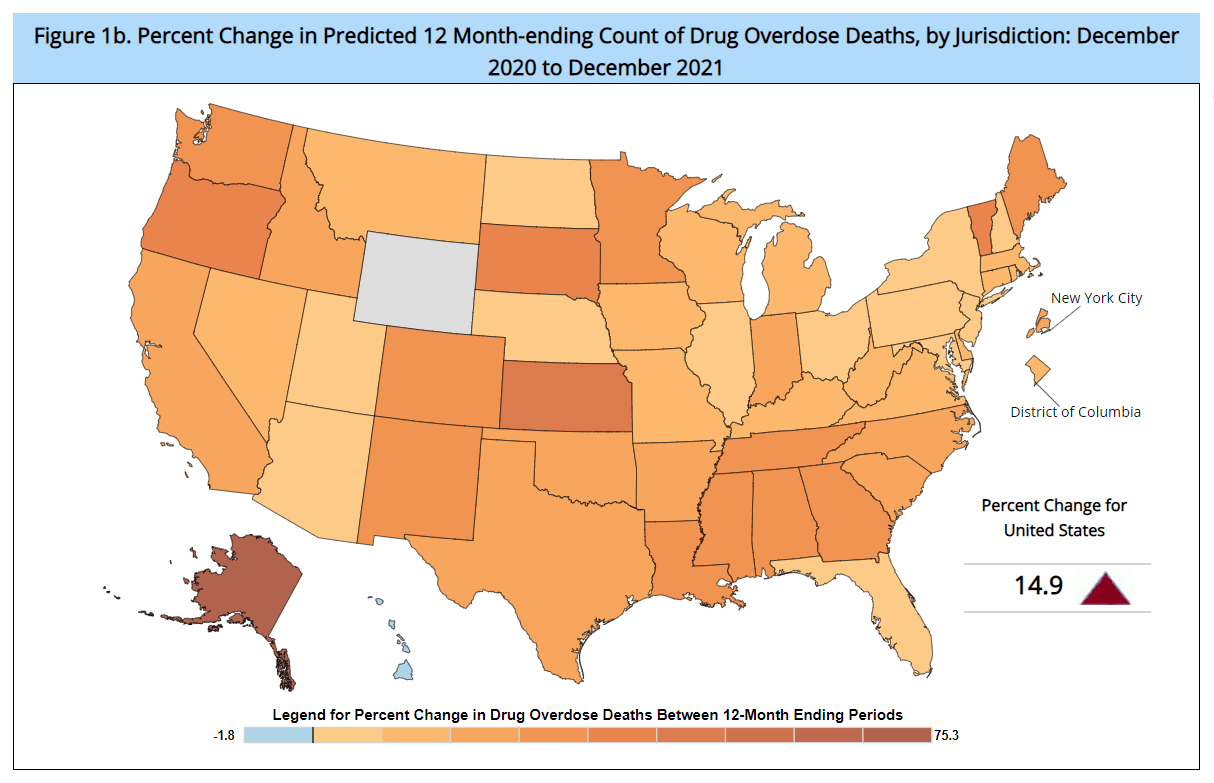
Rural areas have been especially devastated by the overdose crisis during the pandemic, as residents struggle to reach remote, limited treatment options. Alaska experienced the biggest increase in overdose deaths in 2021, roughly 75 percent, according to the federal data. The National Center for Health Statistics is part of the Centers for Disease Control and Prevention.
The uneven nature of this modern plague may be due in part to how fentanyl has seeped into the drug supply. It first dominated the West and New England but has spread across the country, Humphreys said, suggesting that it and other synthetic drugs could drive out less potent drugs in the next decade. Fentanyl, increasingly laced in counterfeit pills bought online and made in labs, is easier to produce than plant-based drugs, he said.
“There may not be much heroin around in 10 years because everything is fentanyl,” Humphreys said. “What do you do in a world where no one needs a farm anymore to make drugs?”
Humphreys, who has estimated that there could be another million overdose deaths in the next decade if policy does not change, said there is no silver bullet to addressing the multifaceted crisis. But one of the most sound ways to reduce overdoses, he said, is greater access to naloxone, the medication to reverse opioid overdoses.
“I think of naloxone like I do fire extinguishers,” he said. “Generally, they sit on a wall, and they’re not needed. But when there’s a fire, there’s nothing like a fire extinguisher.” [more]
